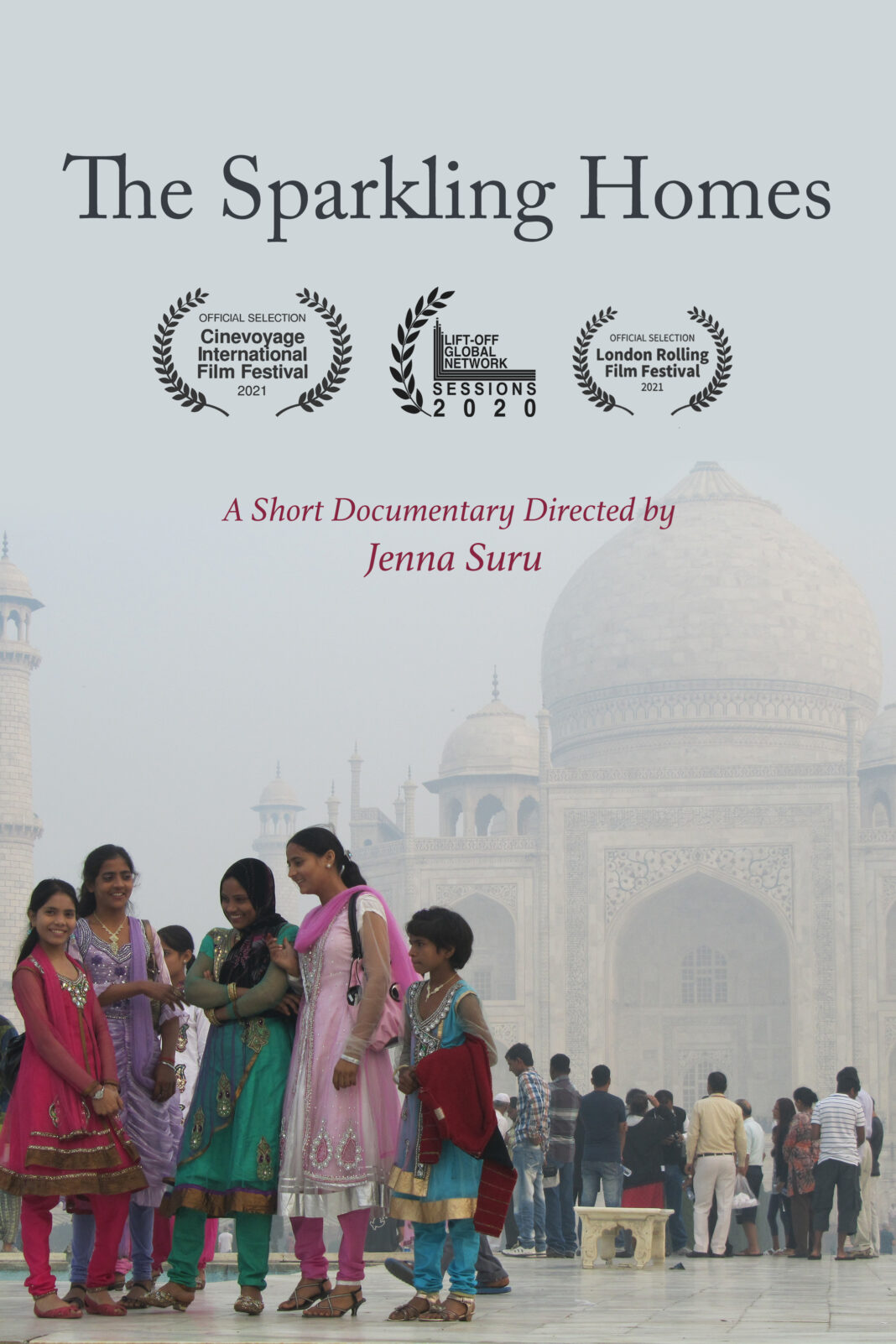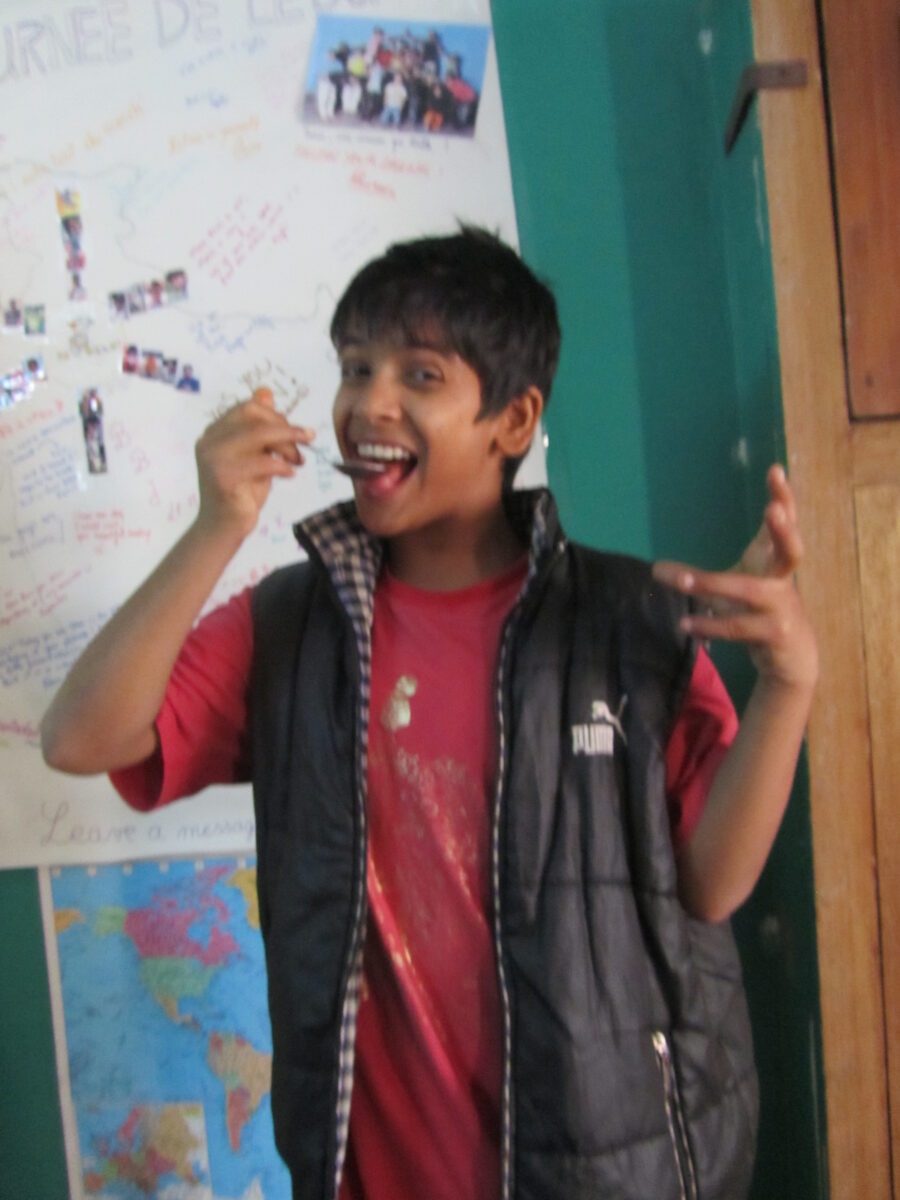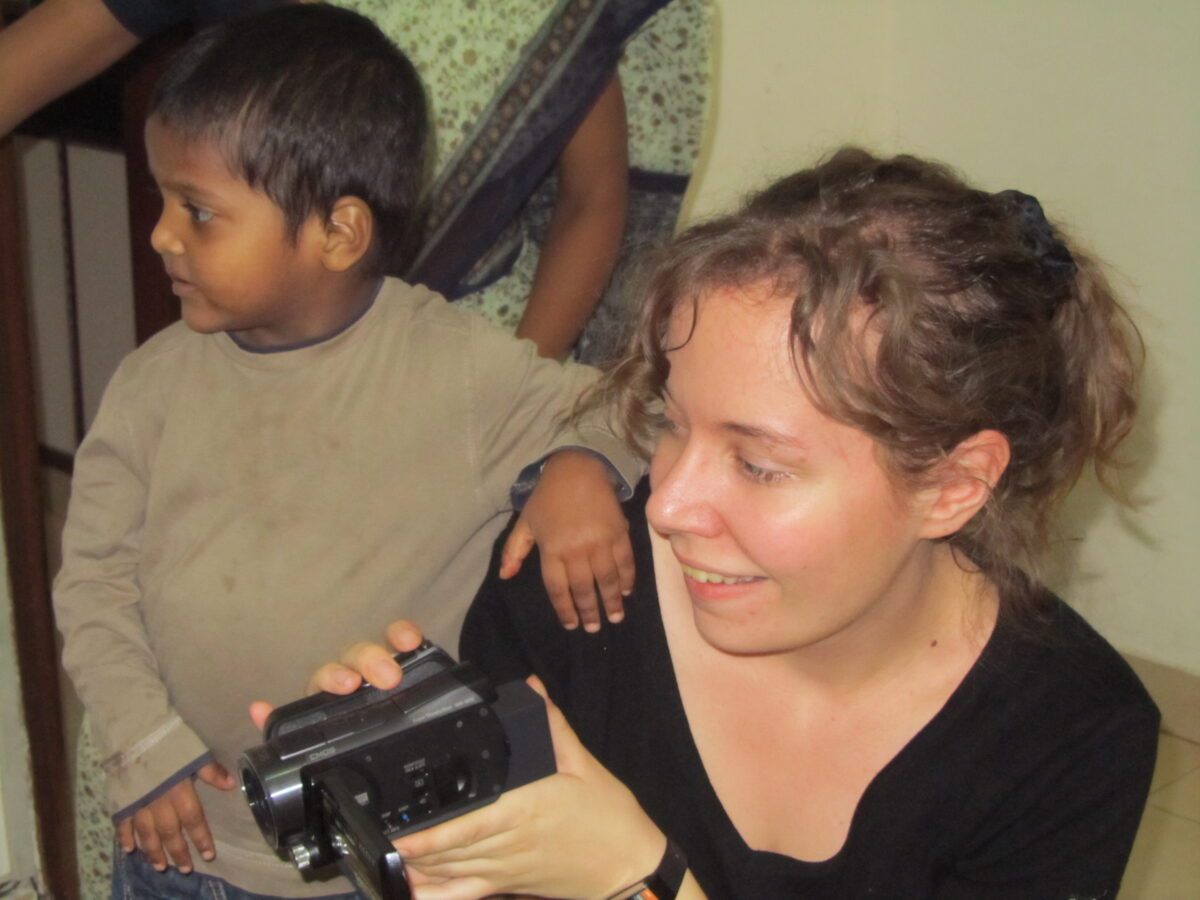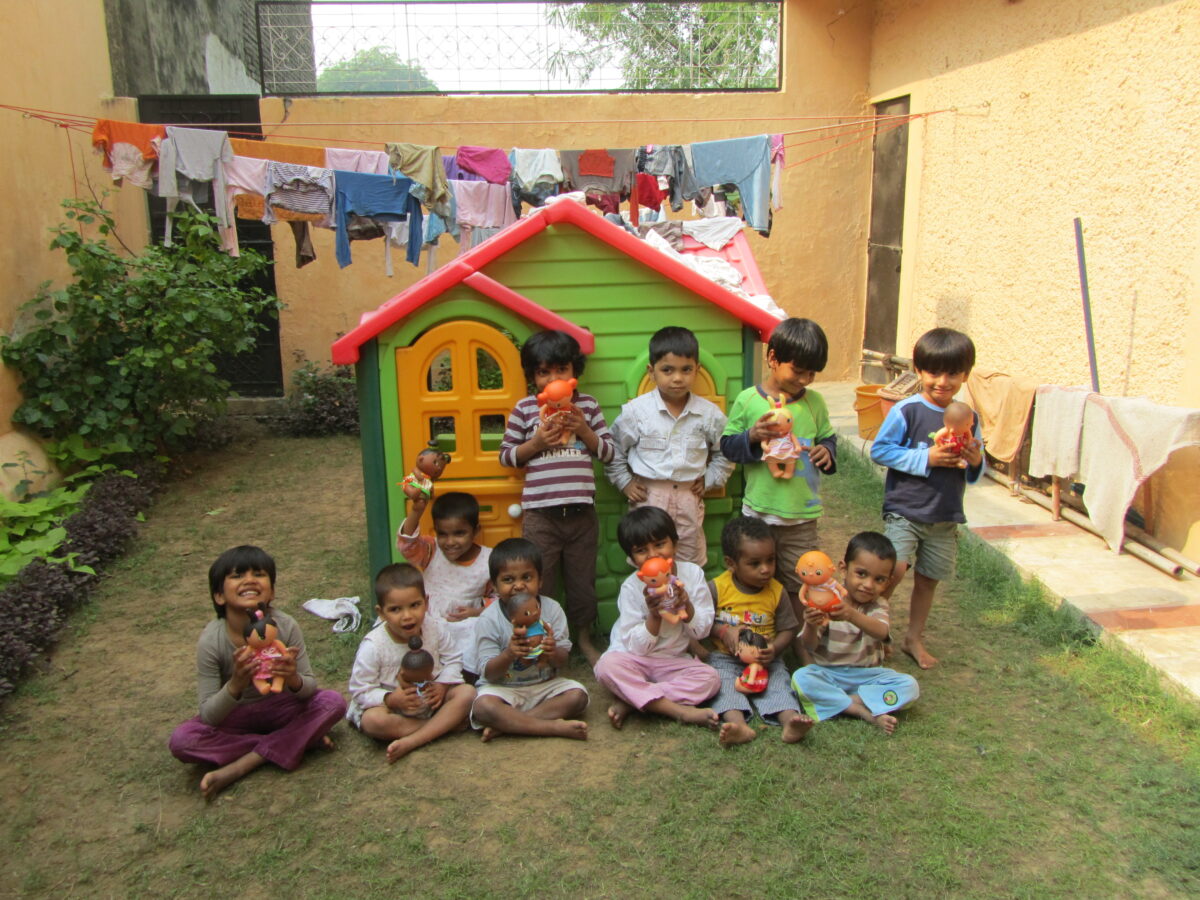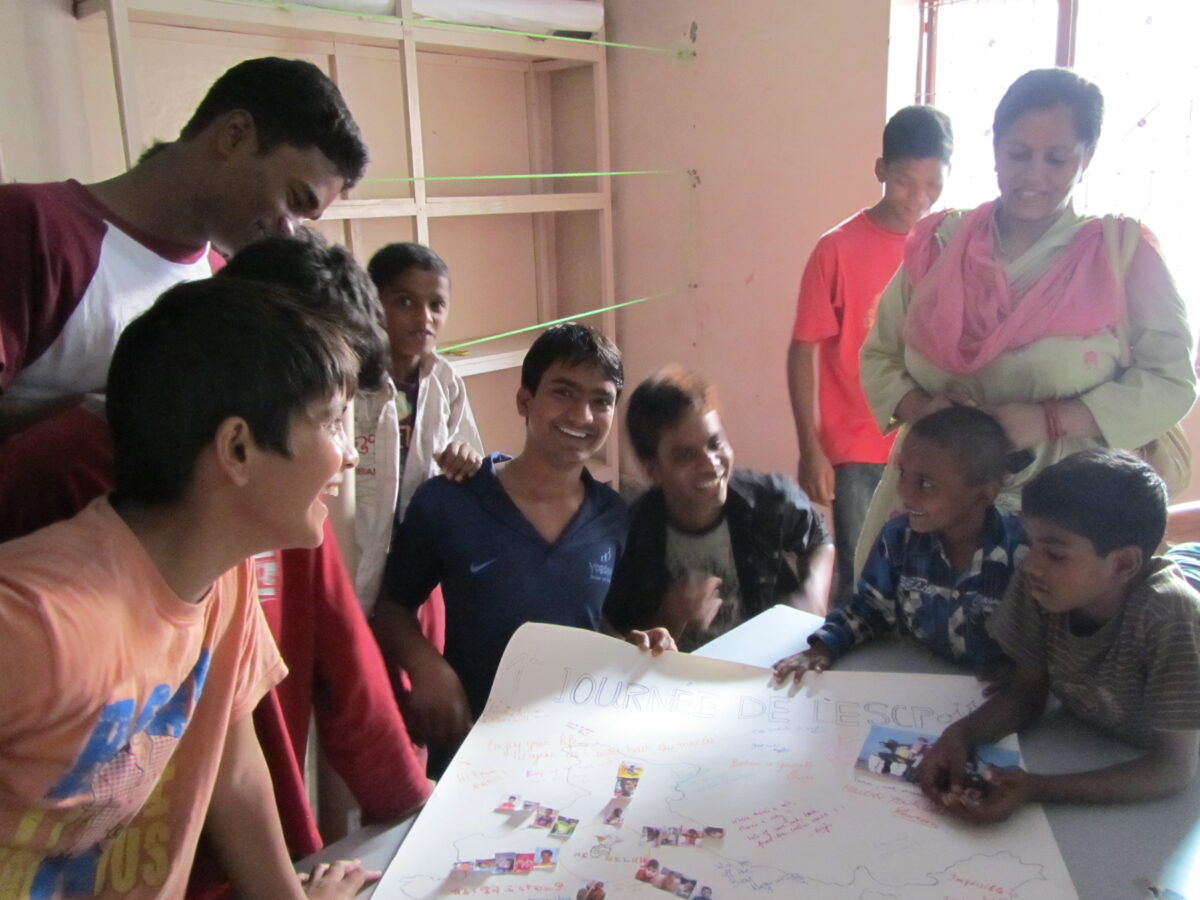Amidst a challenging year, Jenna Suru has had one of the most amazing and productive ones, given the London Premiere at the 2020 London Independent Film Festival of her debut feature, L’AGE D’OR / THE GOLDEN AGE and her more recent success as Festival Director of the virtual Paris International Film Festival 2021.
Now back in the director’s seat, Suru’s latest project, THE SPARKLING HOMES, focuses on homeless children in New Delhi.
Film And TV Now spoke with the multi-hyphenate talent about the film.
FILM AND TV NOW: What led you to make a documentary about the plight of children in New Delhi?
JENNA SURU: This is a tribute to the homeless kids who fight from their horrendous past to enter the best universities and change their lives. After organizing an event in the heart of Paris with 10+ associations and 2,000 attendees (you see one of their gifts in the film), I flew to New Delhi to pay homage to their incredible resilience.
In New Delhi, it is estimated that between 100,000 and 500,000 children are left to fend for themselves, and survive as they can, deprived of a family.
Hence the immense interest of an initiative like the one taken by Pascal Fautrat, director of a children’s home aged 6 to 18 in New Delhi (Tara Boys), and a second home for young children (Tara Tots). Pascal’s idea, was to offer underprivileged children a real house at a human scale (which is why each home is designed to accommodate a maximum of 20 children), in which children can thrive and give their best. A major attention is paid to their education.
In these times of Covid, I haven’t been able to go back to India to film the feature version as planned last fall, so I’m releasing this short documentary I’ve filmed with a minimal budget to encourage resilience in these transitional times and raise awareness on homelessness and child protection.
FTVN: In terms of the logistics of shooting a documentary like this, particularly a short, what challenges did you face when going on location?
JS: Filming with children, hygiene and culture
The strongest challenge was to film the children in the most natural way possible when they had seen nothing in their lives that ever looked like a camera. It was important they feel as comfortable as possible with me around them filming. That ended up with a small camera in my hands and some cuddling.
As a result, I was often basically among the children rather than filming them from “the outside”. In particular, during the meals, which is one of the main focuses of the documentary, you get to be part of the table as an audience, as if you were sharing the meal with them.
Children perform 10 hours of artistic and sporting activities per week. It was wonderful that in they let me film them during these activities, from judo classes to artistic activities, as it is a full part of their education.
Particular attention is paid to children’s self-hygiene and always wearing nice, simple but neat clothes: it is an essential component of self-esteem that children must regain. As a filmmaker, I also had to strictly follow all hygiene instructions on location to avoid getting sick.
FTVN: Where did you shoot in New Delhi and for how long?
JS: I’ve been filming in various locations in New Delhi, from the two foster cares, Tara Tots, Tara Boys, to various streets in the city.
I would travel in rickshaws, which is a very immersive way to discover the city. Plus, I found it more safe to film from rickshaws whenever possible, rather than directly from the streets.
FTVN: How much footage did you shoot overall and how long was your first edit?
JS: I had extensively prepared the filming phase with the association, and planned my filming with them so that I could limit the footage to what was actually needed for the documentary, from interviewing the cook, to filming the children during their various meals, sportive or educative sessions.
The first edit was about 20 minutes. The editor I’ve worked with, Roxane Foare, has made an incredible job with the 10+ hours of footage. We cut it done to roughly ten minutes, which is the edit that is now being presented at festivals.
FTVN: How did you raise finance for the short documentary?
JS: I’ve financed THE SPARKLING HOMES thanks to my work as a teacher in France. The budget of this short is minimal, but this teaching enabled me to pay for my airfare tickets, housing on location and the usual expenses due to filming and travelling.
FTVN: Has the film been shown to the locals and are there plans to use it as part of an initiative to raise money for these children?
JS: Yes, investors have been found to finance the children’s lives and studying thanks to the Sparkling Homes, which is very encouraging. You can learn more about the Tara Foster Cares on their website http://www.taraindia.org/fr
FTVN: What other subjects are you keen to explore in future documentaries?
JS: I make films about artists struggling with acceptance of their roles in the world. My debut period drama ‘The Golden Age’ is now a multi-awarded feature in the USA and Europe, and it convinced me that I can tell stories that have a positive impact. I’m mostly a narrative filmmaker, but researching and social change are at the heart of my work, I am also a massive fan of history.
I created ‘The Golden Age’ for 2 main reasons: to pay tribute to the World-Changing charms of 60s Saint-Tropez, and to encourage people to change the world on their own scale. It was important to me that the audience experience that magical 60s Douce France atmosphere through the music and 35 exceptional locations in LA, Paris, the French Riviera: Notre-Dame Cathedral, the Bir-Hakeim Bridge near the Eiffel Tower, the Saint-Tropez harbor, Ramatuelle beaches, etc.
I’m also honored I’m serving on the Jury of two major US festivals at the moment, for the Narrative and Documentary features sections.
FTVN: What was the reaction at the London Rolling Film Festival 2021 and what is the immediate future strategy for the short?
JS: I was invited to speak on one of the Festival’s panels by Director Alida Pantone, to discuss the Paris International Film Festival I founded and run. We aim to educate our community and audiences with a more diverse, eco-friendly filmmaking process, both in front of and behind the camera. I’ve also been working for Canneseries since the kickstart of their very first edition, which has been an amazing adventure championing TV and working with their impressive team alongside MIPTV.
THE SPARKLING HOMES received wonderful feedback from the Festival Team, press and attendants, we want to thank them all very much all for watching the film and supporting its message. More festivals selections are to be announced soon, our main goal is to spread the word of these foster cares and put their positive actions into the spotlight.
FTVN: What were the key things you learned on a personal level from connecting with the children featured in the film?
JS: Power of resilience, love, and anything in-between. It also proved to me that change is possible, and that you can make real change happen, even when you’re not powerful or rich.
Education plays a key role. When the children arrived, they had to start all over again at school level. An intensive refresher program has to be put in place. Every day, specialized teachers come to teach the little ones the basics of Hindi, English and mathematics so that after one year they can go to school.
Thanks to the children’s courage and enthusiasm, they were able, after the upgrade phase, to integrate the best establishments in South Delhi. The two older ones have passed their A-levels successfully and entered the University to study Political Science, as mentioned in the documentary.
FTVN: Finally, what are you most proud of about this short?
JS: I’m thankful this short documentary has already helped attract new sponsors to curate these foster cares, is being informative for previous investors who have been involved and is also raising awareness on child protection.
I’m proud that THE SPARKLING HOMES has contributed to finance the “Forfaits Casse-Graine” in particular. Also, the smiles on the faces of these children were the greatest reward to me personally. They prove that, despite a very harsh background, change is possible! Never doubt you can twist your fate or make this world a better place.
Here is another positive testimonial:
“The ESCPoir Days were a very beautiful, brand new project, for which Jenna Suru established partnerships with a dozen associations inside and outside ESCP Europe Business School, involved the Indian students of the School and organized a dozen events during 3 days. She produced and directed three teasers around these days, which were effective as they attracted a total of nearly a thousand visitors.
In New Delhi, Jenna Suru has been extremely efficient at organizing the filming of a short film,THE SPARKLING HOMES, she has directed to raise awareness about the Tara Houses. She had anticipated all the elements necessary to film the sequences. Despite a totally new environment for her and, in some ways, disorienting, Jenna has not only managed the needs on the spot, but also dealt with the unexpected.
The rendering of her film THE SPARKLING HOMES (in English language with French subtitles) is excellent. The film was warmly received by the Head of the Tara Houses and effectively contributed to develop the sponsorship of the Houses”


